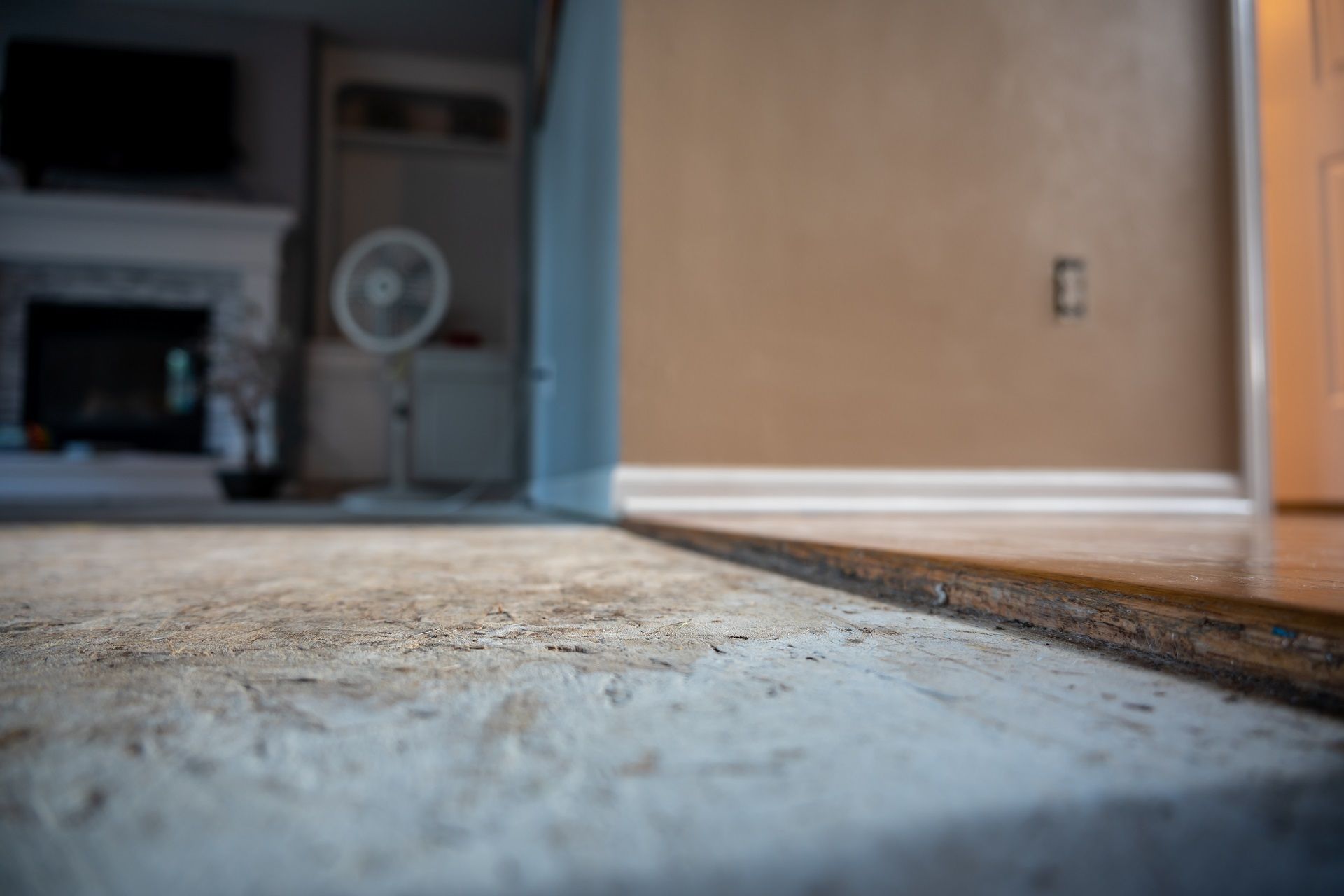How Long Does It Take To Close A Home Insurance Claim?

Filing an insurance claim is not an enjoyable experience. This is especially true when you consider how much waiting around it includes. Your priority might be fixing the damage to your home and moving on as soon as possible, but you cannot do anything unless your insurance company issues a check.
So the natural questions in this scenario are: how long does an investigation take and when can you expect your claim to close?
While it’s impossible to provide an answer with 100% certainty, there are certain things you can do while filing your claim to expedite the entire process.
Let’s cover some background information first.
The Legal Timeframes
This is a tough one as the timeframe varies between states and even different insurance companies. It also depends on the circumstances of your claim. Thankfully though, most states have fair claim practice laws to speed things up.
These laws were created by the
National Association of Insurance Commissioners to guarantee that insurance claims are all handled in a fair and timely manner.
The problem is that what is timely and fair is up to interpretation by the individual states (no surprise). In some states, there are no laws that dictate the timeframe that insurance companies have to adhere to, and in others, it might be two weeks to several months.
In Florida, insurance providers are required to
acknowledge and notify you that they received your claim within 14 days.
The law gives insurance companies
90 days to notify you whether they have denied or accepted your claim. This is why it’s impossible to come up with the average of how long does an investigation take as it can be done anytime within those legal limits. This is more obvious when you consider the fact they can stall as long as possible to find reasons to deny or minimize the claim.
If your insurer approves the claim, they are required to pay you within 20 days of this decision. If they don’t send you a check within this time, the payout accrues an interest rate of 12% per year
Additional Factors To Consider
While the timeframes of the insurance claim process are complex, additional factors may make matters even worse.
Typically, claims that necessitate a higher payment will always take longer to get settled. This is because the investigation is going to take longer than with the more simple claims.
Insurance companies also process claims that are more severe first. For instance, they will usually prioritize claims such as fire and lightning as they pose a high risk to homes, and only then will they start processing claims that involve burglary.
Additionally, if the damage in your home was caused by a natural disaster that also affected other homes, the claim can take a lot longer to pay out. So if you’re filing a claim for tornado damage, it will take longer to settle than if you want to recover insurance money for water damage from a malfunctioning dishwasher.
The Claims Process
When you file a home insurance claim, many things occur behind the scenes. Sometimes payments are delayed for a good reason since insurance companies do have to follow a variety of procedures.
Here are the steps involved in processing a claim:
- You/the owner of the property reports the claim.
- A claims professional is assigned to your claim and has to notify you that they received your claim, after which they can start the investigation.
- The insurance provider contacts the claimant and discusses coverage and how they will handle the claim.
- The insurance professional evaluates the cost of the damage.
- If your claim isn’t complex, the insurer may decide to pay you out after completing the first inspection while more complicated claims will take a lot longer.
- The money is paid out and the insurance company closes the claim.
How To Speed Up The Claims Process
While you cannot force the insurance company to go outside its own established procedures, you can make the process a little bit faster.
Now, we're not suggesting you call them and ask how long does an investigation take and urge them to speed it up. You can take a few actions that might simplify the process for the insurance company.
Here’s what you should do:
1. File a claim as fast as possible. Even though you have four years to file a claim in Florida (from the date of the event), the faster you file, the faster the claim will get processed.
2. Complete any emergency repairs. This is to avoid further damage from happening. For example, cover a leaky roof with a tarp or cover a broken window with a plastic sheet.
3. Follow up with the insurance adjuster after filing the claim instead of waiting for the insurance company to contact you with further instructions. Contact the adjusters and request all the important documents and forms to avoid needless waiting around. You should also meet all the deadlines that the insurance company sets in place for filing certain documents.
4. Keep track of all the correspondence with the insurance company and take notes about all the topics you covered, as well as the time of the calls/emails.
5. Keep copies of all receipts and the documentation involved in your claim.
6. Document all the damage in your home. Take photos and videos from multiple angles so you’ll have a clear record of the damaged items or locations later.
7. Get estimates from independent contractors as soon as possible once the insurance adjuster estimates the damage.
8. Be present while the insurance adjuster inspects the damage. Don’t forget to respond to the claims adjuster promptly, because the sooner this part is over, the sooner you’ll receive your payment.
Covering All Bases
While you cannot possibly determine how long does an investigation take and how soon your claim will get paid out, you can do everything that’s in your power to make the process as smooth as possible.
If you want to speed up the procedure even further and ensure that the payment you receive is enough to cover all the damage in your home, you should contact a public adjuster. This professional will complete their own independent inspection and help you with filing the claim.
What’s even better is that they will negotiate with the insurance company on your behalf, thus ensuring you save time and receive the best possible outcome.
For all your ‘’adjusting’’ needs, call
Continental Public Adjusters! We’ve got decades of experience with this stuff and you can rely on us to expedite the claim process! Call
(800) 989-4769 to schedule a free consultation!
Disclaimer: The information on this website and blog is for general informational purposes only and is not professional advice. We make no guarantees of accuracy or completeness. We disclaim all liability for errors, omissions, or reliance on this content. Always consult a qualified professional for specific guidance.






